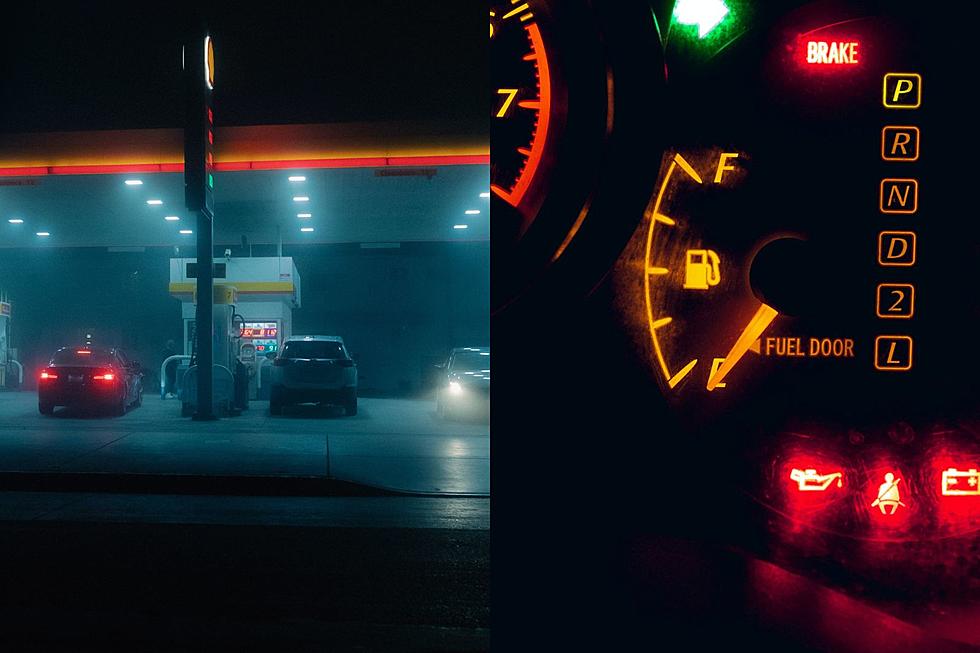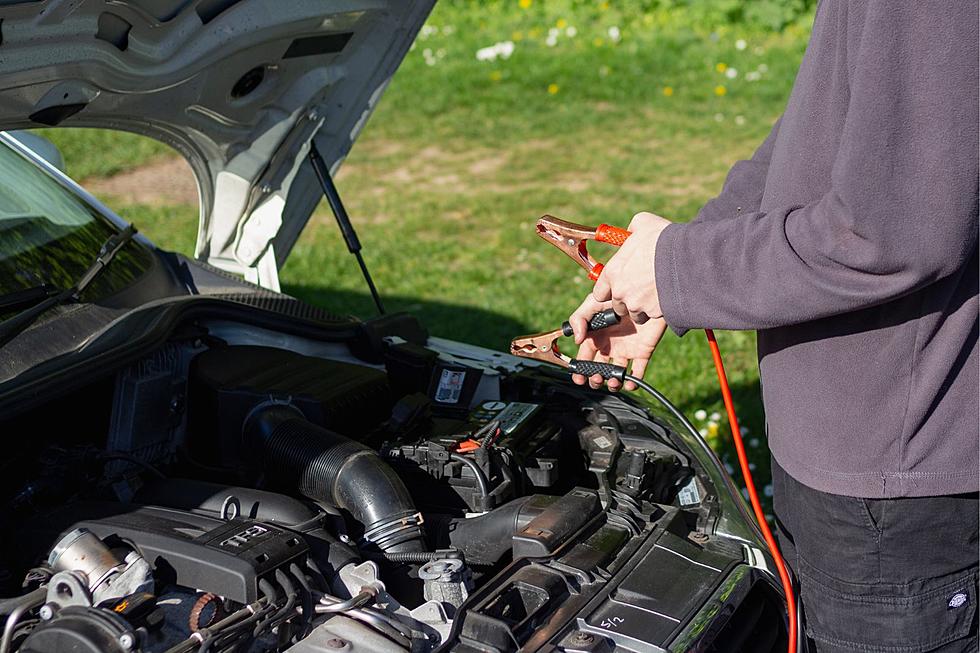
Why You Shouldn’t Let Your Gas Tank Run Low in Maine
We've all been guilty of pushing the limits and driving our cars on low fuel at some point. But did you know that doing so can cause potential damage to your car's engine and fuel system? Maine drivers, it's best not to let our gas tanks run too low. Doing so will help us avoid unnecessary repairs and ensure a smooth driving experience.

According to insights from Progressive.com, driving with low fuel can have adverse effects on your car's fuel pump. The fuel pump relies on gasoline to cool and lubricate its components while it's in operation. If your car is running low on gas, the pump might start drawing air instead of fuel, resulting in insufficient cooling and potential overheating.
Idling your vehicle with low fuel poses less risk than driving with it. When the engine is still, the fuel levels remain relatively stable, and the fuel pump only briefly encounters air before shutting off. However, driving causes the fuel in the tank to slosh around, leading to fluctuating fuel levels.
Insufficient fuel in your engine can also cause cylinders to misfire. However, the most significant danger arises when driving at high speeds. Your car's computer will request a richer air-fuel mixture to protect the engine, and if the fuel pump can’t deliver enough fuel, it can cause engine knocking. Similar to using regular gas instead of premium in cars designed for it, engine knock can lead to long-term engine damage. To avoid this, it's essential to avoid pushing your car to its limits when you're running low on gas.
So, how low is too low when it comes to fuel? Fortunately, most vehicles will tell you, with a low fuel warning light that acts as a helpful reminder. When that light kicks on, it's best to fuel up as soon as possible. Better yet, experts suggest avoiding running your car on low fuel altogether to prevent potential damage. Most of the risks associated with driving on empty are more likely to become an issue if you frequently drive with low fuel levels.
Living in Maine, we're constantly concerned about the winter season, and it's especially important to keep our fuel levels healthy during the cold months. Low temperatures can cause condensation to form on the walls of a gas tank that's running low on fuel. Over time, this water can seep into the gas, causing potential issues down the road. Experts advise keeping your gas tank at least half full during the winter months to mitigate these risks and avoid costly repairs.
All-in-all, taking care of your car by avoiding low fuel levels can help you steer clear of potential headaches and costly repairs. So Mainers, next time you hit the road, make sure to keep your gas tank well above empty and enjoy a smoother and safer driving experience.
See the Must-Drive Roads in Every State
More From WQCB Brewer Maine









